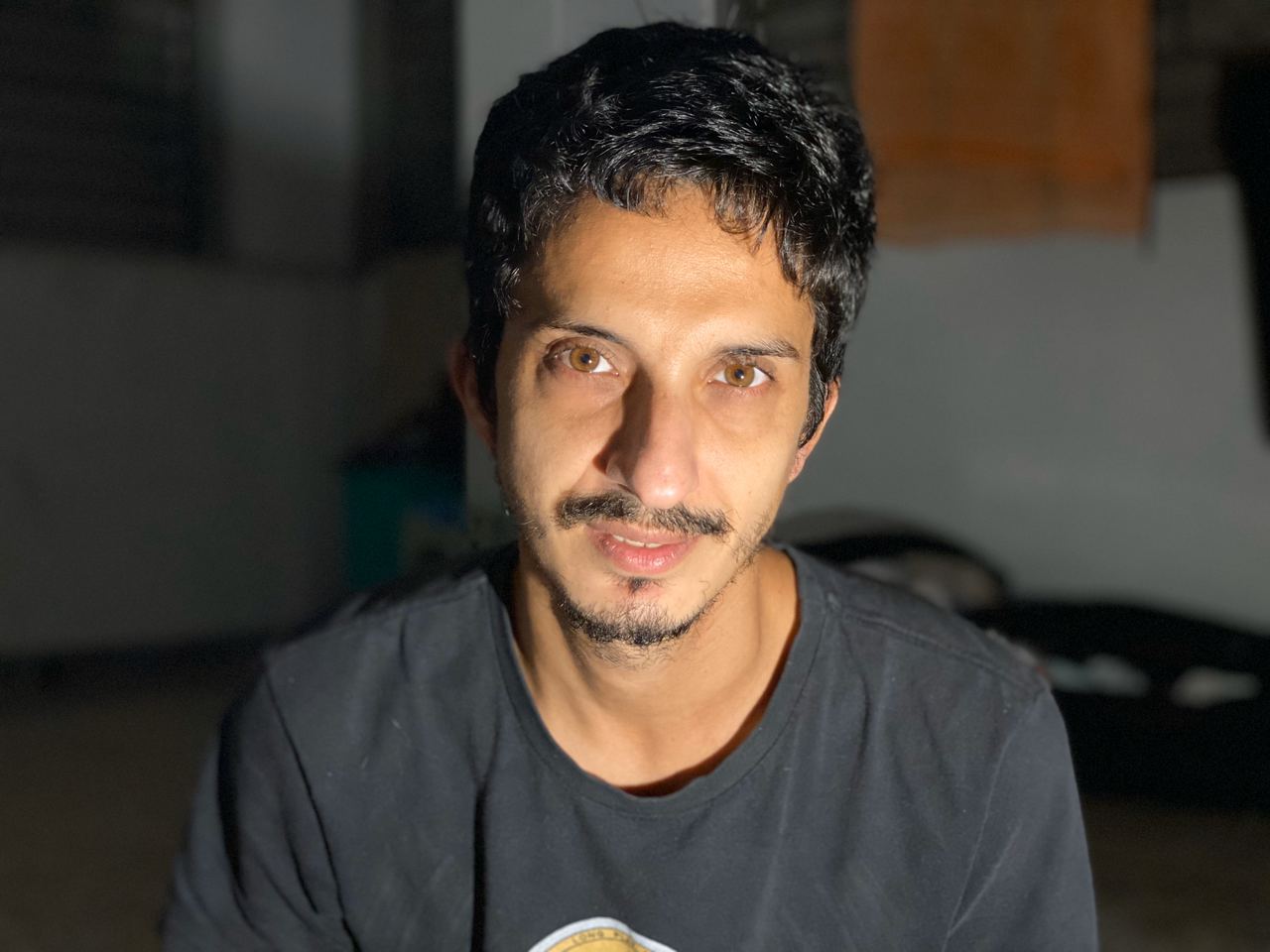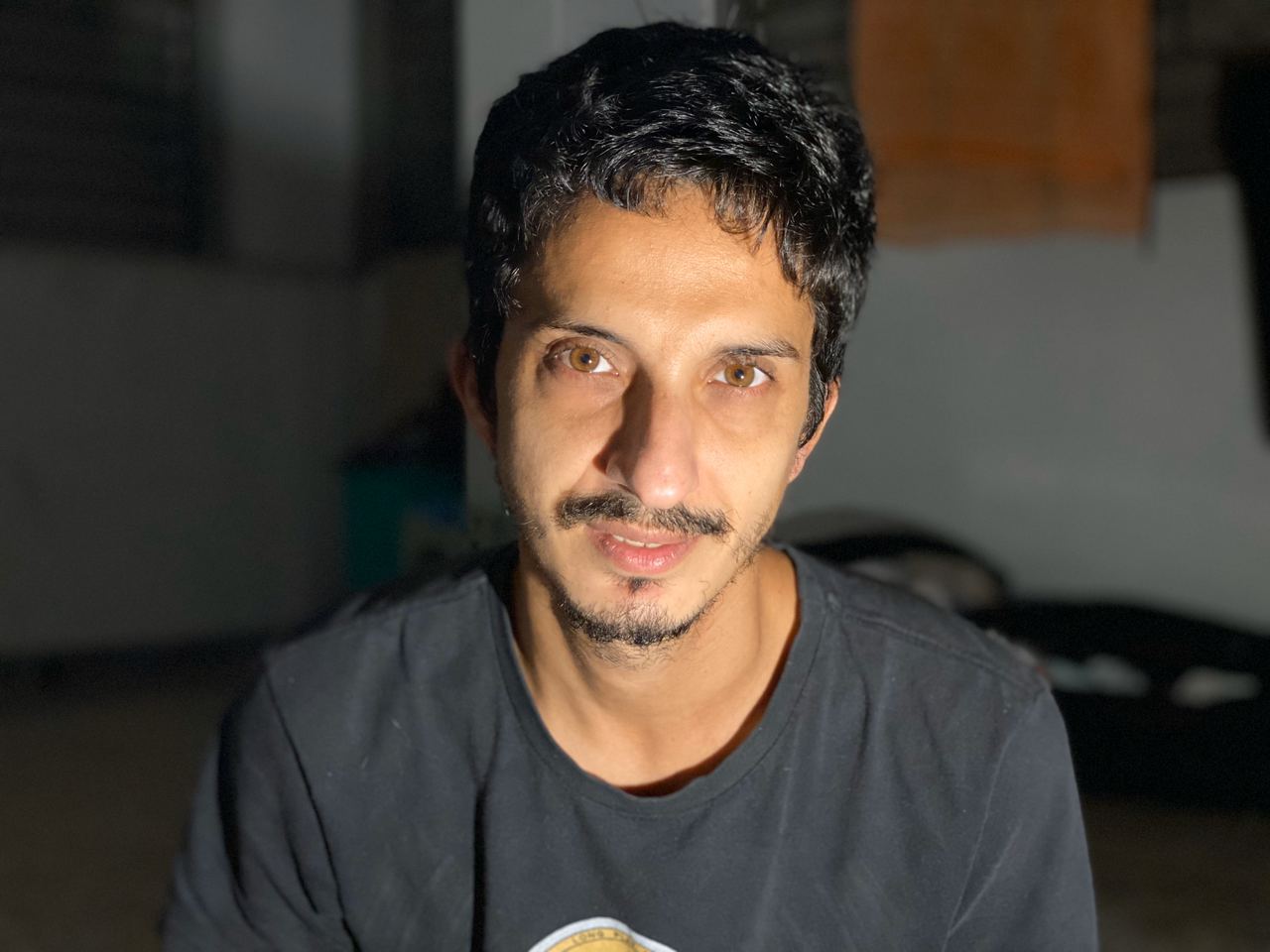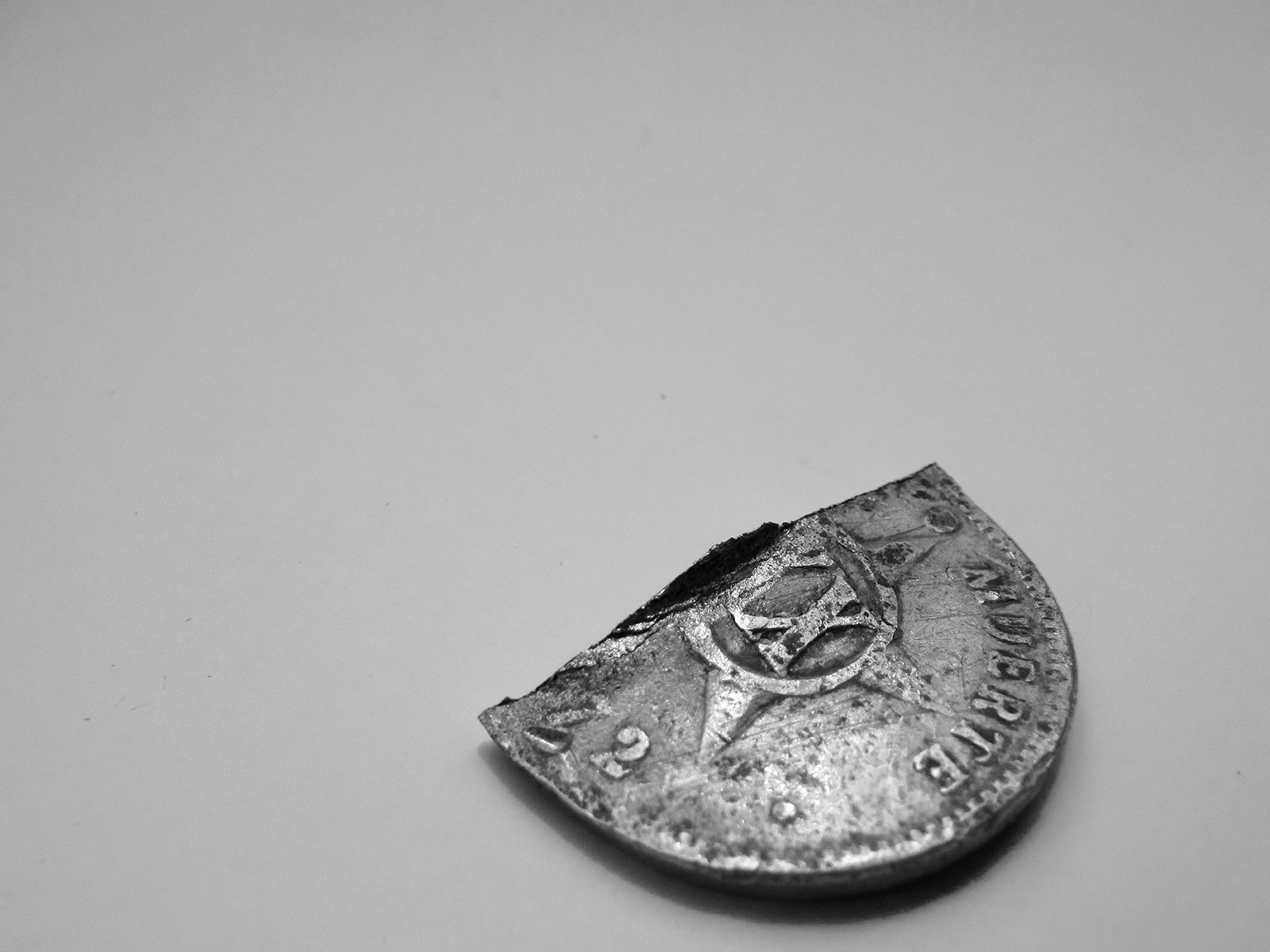¡El Arte no Calla! – Episode 7: The Fight for Free Expression in Cuba

“¡El Arte no Calla!,” a new monthly Spanish-language podcast of the Artists at Risk Connection (ARC), explores art, freedom of expression, and human rights in Latin America. In each episode, ARC’s Latin America Representative Alessandro Zagato will invite a different guest to help analyze the varying states of artistic freedom in Latin America and the violations that artists and activists are suffering in the region.
Episode 7: The Fight for Free Expression in Cuba with Julio Llópiz Casal
In this episode of ¡El Arte no Calla!, ARC speaks with Cuban multidisciplinary artist Julio Llópiz Casal about the growing demand for freedom of expression in Cuba. On November 27, 2020, in the wake of the unjust arrest of rapper Denis Solis* Gonzalez, countless independent artists, writers, thinkers, and civil society members formed the “27N movement,” which seeks to open channels of dialogue with the Ministry of Culture and confronts a situation of growing repression against independent artists on the island. Llópiz Casal has been a key member of the movement and discusses his role in demonstrations, the state of artistic freedom in Cuba, and what the movement hopes to achieve.
Alessandro Zagato: Hi Julio. Could you begin by telling us about yourself and your work?
Julio Llópiz Casal: I live and work in La Habana. My artistic production has to do with developing a notion of autobiographical archive that is based both in memory and the possibilities offered to sculpture by the obsolescence of objects. I also do small-scale installations beginning with objects that I find on the streets, which I recycle in different ways. Furthermore, I develop “imperceptible” performances that I document through video and photography. All these works comprise my archive, together with writing and graphic design experiments that highlight how objects are not always necessarily commodities.
A.Z.: Could you please describe the context of freedom of expression in Cuba, especially since 2018 when Decree 349 was introduced?
J.L.: Before speaking about 2018, I should give a general outline of the situation, for people to understand what we are facing here. In Cuba, we are ruled by a political system based on socialism. This means – among other things – that the state is supposed to guarantee the conditions for freedom of expression. Thus, the state assumes that there is freedom of expression, based on the fact that there are institutions devoted to guarantee this right. However, since the space where you are supposed to exercise your freedom of expression is directly controlled by the state – which is structured as a one-party system – we can also understand that freedom of expression barely exists. This is how things have been since 1959. In 2018, Decree 349 was issued as an actualization of a previous legislation, which was not as specific. The novelty of [Decree 349] is that it defines concepts that are completely abstract and ambiguous as crimes or violations, like the reference to “threatening good customs.” Indeed, it says that offending “good customs” is punishable, without describing what these customs actually are. This way the authority can accuse potentially any type of behavior of offending good customs. This has led many people in Cuba to interpret this decree as a governmental tool for the exercise of repression and censorship, because it gives to the authorities an absolute freedom to interpret any type of action or attitude as a violation of law.
m-block-quote “>
“Since the space where you are supposed to exercise your freedom of expression is directly controlled by the state – which is structured as a one-party system – we can also understand that freedom of expression barely exists.”
A.Z.: Coming to the events of the last months, would you tell me about the protest movement that developed in Cuba, especially after the arrest of Denis Solís on November 9, 2020?
J.L.: Denis Solís is an active member of the San Isidro Movement (MSI), which appeared after the approval of Decree 349 in 2018, and which constitutes a community of artists and people from civil society who are critical of this legislation. It is important to consider the fact that the decree was specifically designed to deal with actors like Denis Solís and Luís Manuel Otero Alcantara, another visible face of the movement – artists who produce art outside of the state’s definition of what an artist might be or do. They do not come from the academy, they are self-taught, and the San Isidro community has worked as a platform for these artists to support each other. Solís was arrested arbitrarily. A police officer showed up to his house and started recording him with a mobile phone. Denis did the same. He is a person coming from a context of marginality, and he lost his composure as the police officer was operating in an illegal and unfair way. On November 9, they arrested him. No information was provided to his family or MSI peers, and they forced him to undergo a summary judgement, in a pandemic time, with the accusation of contempt for authority, and he was sentenced to eight months of detention. The first response by the MSI was to approach a police station asking for Denis. However, the person who did that was detained several hours, just for asking. From that moment several protest actions started, which were shared broadly through the social networks and by the press. The people organized a poetry reading event outside a police station, which was brutally repressed. Then they moved to the headquarters of MSI in Old La Habana and kept doing cultural activities. However, the state intelligence started to prevent people from bringing them food, and this made them start a hunger strike that ended November 26, when the occupants were removed from the MSI headquarters, based on the pretext that they were not respecting the current health regulations.
A.Z.: After the protests that took place on November 27 outside the Ministry of Culture, government officials agreed to an unprecedented open dialogue with the demonstrators. Thirty representatives were allowed to meet with Deputy Minister Fernando Rojas to engage in a series of meetings to address their demands. How did it go?
J.L.: The eviction of protesters from the MSI headquarters caused a lot of indignation. Internet service was suspended for nearly one hour in the entire country by the intelligence services to prevent the information to circulate. Many people in the artistic community lost their patience. On November 28, a group of people (including myself) gathered in front of the Ministry of Culture asking them to have a dialogue on what was going on and demanding that the Minister himself take a stand. [The authorities] tried to prevent this meeting from happening, and the number of people gathered there increased to nearly 500. A nice aspect is that there were people with very different opinions discussing with each other and sharing the sense that freedom of expression had to start being respected in Cuba – all this beyond the artistic community and towards a general idea of creative freedom. In the night, the Ministry agreed to have a meeting with the protesters, and so we were received by Fernando Rojas and representatives of other official cultural institutions.
m-block-quote “>
“As an effect of . . . mobilization, there is now a new feeling in the creative community and in civil society that the lack of freedom of expression is a central problem in Cuba.”








